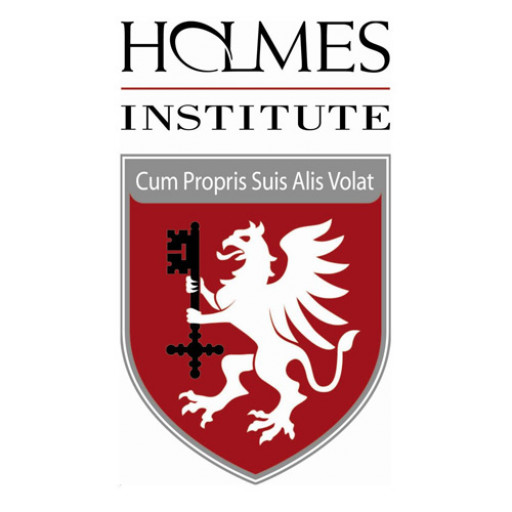Photos of university / #newcastleuni
Description
Advertisement
Our research strengths are focused in a number of groups or themes. Each of these involves externally funded research, international collaboration and the active involvement of doctoral students. There are opportunities for research students to study in any of the disciplines outlined below.
HRM, Work and Employment
Members of the group have a wide range of research interests in the field of human resource management, organisational studies and management history. Currently, there are particular interests in the field of international political economy as well as in new patterns of work and organisation, public sector management, gender and industrial relations. Staff members engage in individual research and collaborate with others at universities across the UK and abroad.
Specific areas of research expertise include:
business elites and corporate governance in France and the UK
entrepreneurial philanthropy
the ILO and the decent work agenda, the harmonisation of international aid
critical perspectives on international business, post socialist transition, migration and trans-nationalism
public service mergers and multi-agency working in the public sector
new working patterns in mental health services
gender and work
the application of Foucauldian and governmentality perspectives to HRM and management especially to developments in public services in the UK
graduate careers
industrial relations and trade union renewal
human resource management and performance
employee voice and representation
the micro¹ political economy of work, particularly inter-organisational structures and social networks
aging societies, older workers and the world of work
embodied and aesthetic labour
Marketing, Operations and Systems
Our research group activities broadly cover the areas of innovation, enterprise/entrepreneurship and policy. We have particular interests in the development and pursuit of entrepreneurial opportunities within and outside existing organisations and on the way in which emerging technology trends are interacting with new businesses, management and policy models.
Specific areas of research expertise include:
corporate entrepreneurship
E-Business, E-Government and E-Learning
entrepreneurial opportunities and new venture emergence
information systems and social informatics
innovation management and policy
knowledge management and organisational learning
technology and organisation
Operations
Specific areas of research expertise include:
lean operations (both manufacturing and service sectors, particularly health)
manufacturing planning, scheduling including optimisation in stochastic environments
layout optimisation
group technology (applied to design and manufacturing processes)
computer aided production management systems
modelling, analysis and optimisation of manufacturing systems
manufacturing and business strategy
Strategy, Organisations and Society
The SOS group uses social theory to explore strategic and organisational issues. Grouded in the critical / interpretative tradition, the group has a specific expertise in issues of power, discourse and change.
Specific areas of research expertise include:
strategy and politics
business elites
corporate philanthropy
discourse analysis and the global financial crisis
changes in the media
organizational change
mega-projects
strategy and discourse analysis
meet the academic staff in strategy, organizations and society
Newcastle University Business School also provides MPhil and PhD supervision in the following areas: Economics, Finance and Accounting, and Marketing.
Our PhD programmes also form part of the Management and Business Studies pathway of the North East Doctoral Training Centre (DTC), which is funded and accredited by the ESRC and run jointly by the universities of Newcastle and Durham. This is a collaborative centre for world-class postgraduate research and training in the social sciences, which offers students a wealth of opportunities to work with leading researchers across a wide range of disciplines and benefit from high-quality training and state-of-the-art resources at both universities.
At the generic level, the University's Humanities and Social Sciences Graduate School provides a full range of research training in professional/key skills, bibliographical techniques, and quantitative and qualitative methods.
Contents
At the generic level, the University's Humanities and Social Sciences Graduate School provides a full range of research training in professional/key skills, bibliographical techniques, and quantitative and qualitative methods.
Requirements
An upper-second-class Honours degree, or international equivalent, in a relevant subject plus a masters degree that has achieved a merit, or equivalent, is also normally expected.
In addition to the academic qualifications, we also value relevant work experience. If you do not have a Masters degree, you should complete the MA in Management and Business Studies (Research) before continuing onto the PhD track. If you have a Masters degree that is not recognised by the ESRC as Research Master, you will be expected to complete a PG Certificate in Research Methods in your first year of the programme.
Applicants whose first language is not English require IELTS 7.0 (with a minimum of 6.5 in writing and speaking and a minimum 6.0 in all other sub-skills), Pearson's PTE Academic Test 69 or equivalent.
English Language Requirements
IELTS band: 7
IMPORTANT NOTE: Since April 2014 the ETS tests (including TOEFL and TOEIC) are no longer accepted for Tier 4 visa applications to the United Kingdom. The university might still accept these tests to admit you to the university, but if you require a Tier 4 visa to enter the UK and begin your degree programme, these tests will not be sufficient to obtain your Visa.
The IELTS test is most widely accepted by universities and is also accepted for Tier 4 visas to the UK- learn more.









